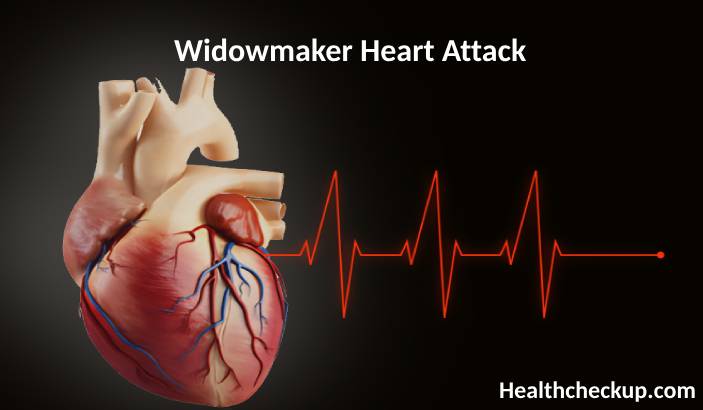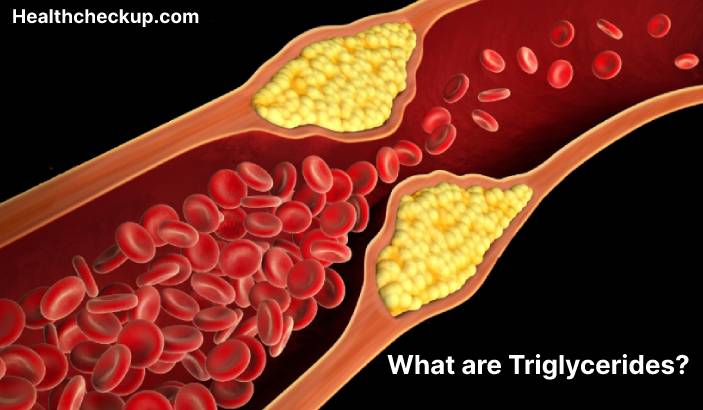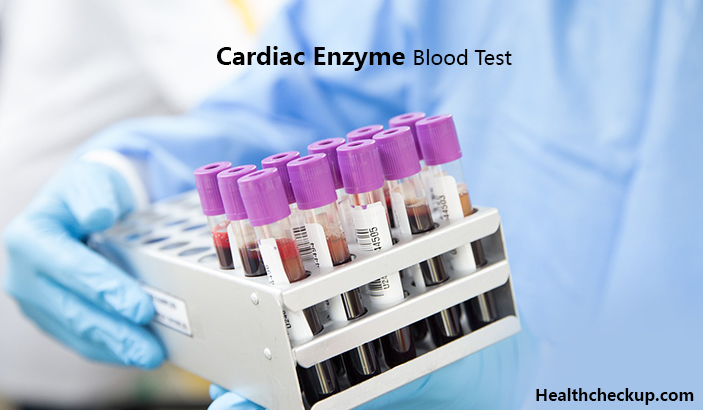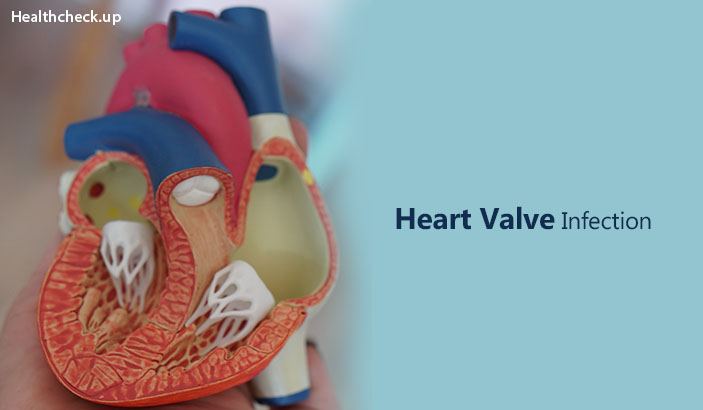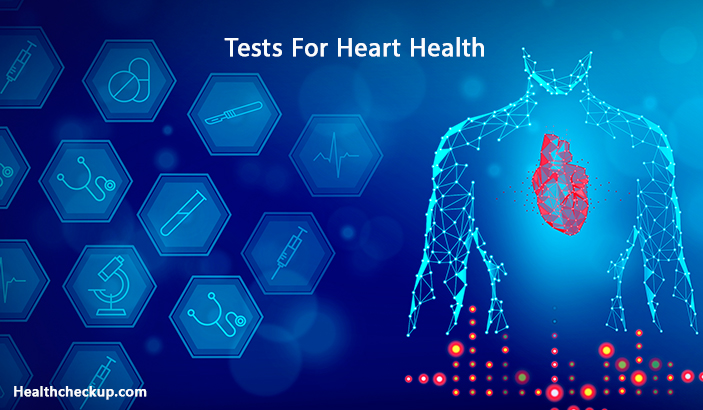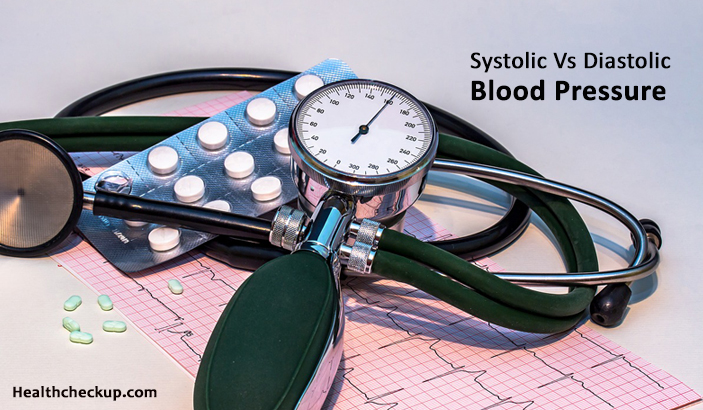Taking total cholesterol test at regular intervals is highly recommended for individuals who suffer from heart disease and are at risk of them. In this test, which is also known as lipid profile test, the amount of triglycerides and cholesterol are measured in the blood. Using the cholesterol test results it is possible to understand whether there is a risk of plaque buildup in the arteries. If this happens, the arteries narrow down and flow of blood to the heart is hampered. People who have high cholesterol levels are significantly at risk of heart diseases.
What is the Purpose of Cholesterol Test?
One of the most dangerous things is that high cholesterol levels have no potential symptoms in the body. Therefore without a proper test it is not possible to ascertain the levels of cholesterol in the blood. Different kinds of lipids are measured in the total cholesterol test. Some of the important ones are as follows:
- Total cholesterol – sums up total content of blood cholesterol
- Low-density lipoprotein (LDL) cholesterol – Also termed as bad cholesterol, it is important to maintain low levels of this kind of cholesterol. This leads to buildup of fatty deposits in arteries hampering blood flow. High levels of LDL cholesterol can be the cause of stroke or heart attack.
- High-density lipoprotein (HDL) cholesterol– This is good cholesterol and helps in keeping LDL at bay. The arteries remain plaque buildup free and blood flows easily.
- Triglycerides – These are kind of fat in the blood. Unwanted calories are transferred to triglycerides and they are stored in fat cells. High triglyceride levels are common in people who suffer from diabetes with high blood sugar levels, are obese and overweight; lead sedentary lifestyle, smoke and drink etc.
What Do the Cholesterol Test Results Mean?
Cholesterol test results help in understanding the risk of heart disease in a patient. If a medical practitioner assumes that a person is at high risk of heart disorder, he will initially get tests for cholesterol levels done. If there are positive indications, further tests of the heart are recommended.
For Adults
Readings for cholesterol test below 200mg/dL (5.18 mmol/L) is good and desirable. If readings are between 200 and 239 mg/dL (5.18 – 6.18 mmol/L), they are considered borderline high and patients are considered to be in moderate risk range. In this case, individual readings of HDL Cholesterol and LDL Cholesterol are studied individually again. Cholesterol levels equal to and higher than 240mg/dL(6.22 mmol/L) are regarded as high risk.
For Young Adults
For young adults, the cholesterol test results will have different readings and interpretation.
Acceptable and desirable range – below 190 mg/dL (4.92 mmol/L)
Borderline range – 190-224 mg/dL(4.92 – 5.80 mmol/L)
High range – equal to or higher than 225 mg/dL (5.82 mmol/L)
For Adolescents and Children
Acceptable and desirable range – below 170 mg/dL (4.40 mmol/L)
Borderline range – 170-199 mg/dL(4.40 – 5.16mmol/L)
High range – equal to or higher than 200 mg/dL (5.17mmol/L)
Preparing For a Cholesterol Test
No special preparations are needed for the cholesterol check up. If there is need of fasting before the testing, the doctor will inform that to the patient. In many cases it has been seen that the patient has to fast for almost 9 to 12 hours before the test.
During the test, a small sample of blood is collected, either from the vein or from the fingertip or from both the places and sent to the laboratory for testing. With the sample, levels of LDH, HDL and triglycerides are measured.
Reporting Cholesterol Test Results to the Doctor
Mentioned above is the reference range of cholesterol readings. Once the reports come of the cholesterol test, you must visit your doctor immediately. Even if the reports are within normal range, let the doctor see the cholesterol test results and give his certification that your cholesterol levels are within normal limits.
It has been recommended by cardiologists that adults who are of 20 years or more should have their cholesterol levels checked at regular intervals of 4-6 years. But people who have history of cardiovascular diseases should get regular checkups and get investigations done from time to time. This will help in detecting any kind of problem right in the beginning stages and proper treatment can follow to cure the same completely. Get a complete cholesterol test done at any reliable and reputed diagnostic center for getting authentic results.
Medically Reviewed By

Maanasi specializes in health topics including diet and nutrition. A mother of an untiring seven year old, she enjoys nurturing her love affair with English. She is often found nestled with a book, plopped against a dozen pillows, smiling away at the brink of finishing yet another book of the many dozens, that adorn the shelves of her Mini Library!



